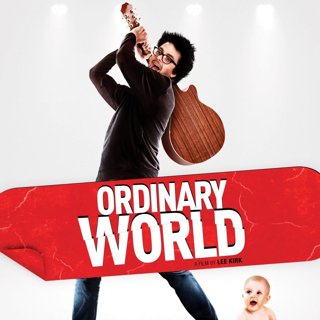

Due to disruptions and restrictions imposed during the COVID-19 pandemic, DDR programmes experienced interruptions and delays in mandate implementation.

These CVR projects can provide a template for how interventions within the nexus of peace, development, and humanitarian action can be adapted to respond to emergent crises while continuing to progress towards peace outcomes and a foundation for sustainable development. The adaptations of DDR and CVR to address the immediate needs of beneficiaries and their communities highlights the potential of leveraging collective action and innovation through a health lens towards positive peace in conflict affected communities. In turn, lack of support and inequity in response to infectious diseases in conflict areas can further exacerbate communities’ grievances and the root causes of conflict. Insecurity, weak governance, lack of infrastructure, and mistrust of state institutions are some of the compounding challenges that make the prevention and treatment of infectious diseases difficult.

Areas affected by conflict and violence are often more vulnerable to the spread of infectious diseases, as has been the case with the resurgence of polio in Syria, outbreaks of cholera in Yemen, and the persistence of Ebola in DRC. The COVID-19 pandemic has highlighted the linkages between peace and security, peacebuilding, social cohesion, and health.


 0 kommentar(er)
0 kommentar(er)
